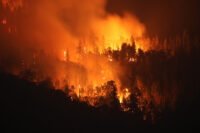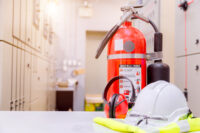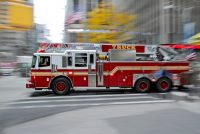Exploring the Adoption of Digital Tools and Trainings by Facilities Managers
The rapid advancement of digital technology, the focus on climate-resilient buildings, and the movement toward renewable energy are just a few of the many factors disrupting the skilled trades industry. Workers in fields like facilities management, electrical, engineering, and fire service face the daunting challenge of keeping up with these trends so they can do […]









